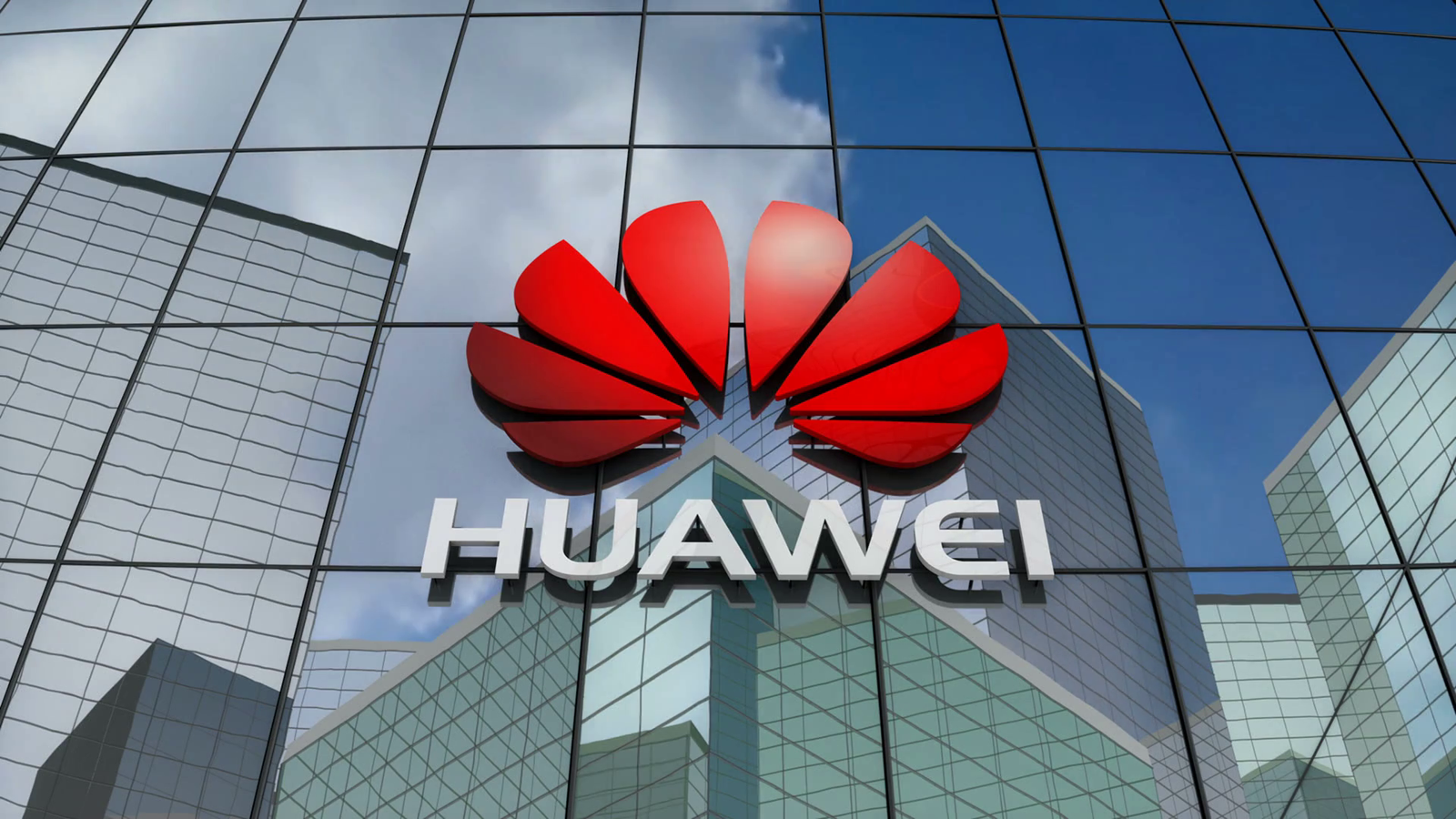HIGHLIGHT
- The US and China are both trying to break the dependence on Taiwanese semiconductors.
- Both the United States and China seek to secure access to the semiconductors behind the world’s most advanced civilian and military technologies.
- The Chinese side has redirected investment to domestic chip manufacturing companies.
FULL ARTICLE
The US-China Confrontation Front
According to statistics, TSMC, the world’s largest semiconductor manufacturing corporation, headquartered in Taiwan, accounts for more than 90% of global high-end chip production. While US companies account for 65% of TSMC’s total revenue, China remains the largest final destination as the world’s factory with a value of imported chips of about 350 billion USD in 2020 alone.
China’s control of TSMC’s factories would threaten America’s technological leadership. However, this also encountered many obstacles when Washington repeatedly blocked Beijing’s attempt to buy foreign chip companies.
In addition, the US and China are both trying to break the dependence on Taiwanese semiconductors. Washington has persuaded TSMC to build a modern chip factory in the US and prepared to spend billions of dollars to restructure the domestic semiconductor manufacturing industry. On the other hand, Beijing is also spending heavily on the semiconductor industry, but its chip industry is still about a decade behind TSMC in many key areas.

Concerns about the US and China
Washington is complaining about having to depend on Taiwan’s chip industry in the context of China’s increasing military threat around the island. According to Mr. Martijn Rasser, a former senior officer at the US Central Intelligence Agency (CIA), “The big concern in Washington is the possibility of Beijing gaining control of Taiwan’s semiconductor capacity. It would be a devastating blow for the American economy and the ability of the U.S. military to field its (weapon) platforms.”
The US’s top concern right now is losing its advantage in the race to apply AI to the military. In a report to the US Congress, the National Security Committee on AI warned that Taiwan produces “mostly advanced chips” but is geographically located very close to “main US strategic competitors”. If China takes control of semiconductors for a long time or abruptly cuts off semiconductor supply chains, it can completely gain all advantages in the military field.
On the other hand, China also faces many threats because if the chip supply from Taiwan is cut off, it could lead to the collapse of many industries. China currently accounts for 60% of global semiconductor chip demand, and more than 90% of semiconductor chips used in the world’s most populous country are imported or manufactured by foreign companies there. In the first quarter of 2021, Taiwan’s semiconductor exports to China increased by 33% year-on-year.

China diverged in the face of US containment
Reliance on foreign companies makes Chinese businesses vulnerable to geopolitical tensions. Specifically, we can mention the case of Huawei, a multinational corporation in networking and telecommunications equipment of China.
Accordingly, the US government has approved a regulation that requires foreign manufacturers using US chip manufacturing technology to apply for a license before selling products to Huawei. Most of Huawei’s chip source comes from TSMC. The newly introduced regulation means that TSMC cannot continue to produce chips for Huawei. This has brought down the Chinese tech company’s smartphone business.

To relieve the pressure, the Chinese has redirected investment to domestic chip manufacturing companies. Among them, SMIC can now make large quantities of 28nm chips in TVs and cars. However, TSMC has now advanced to 3nm technology, and SMIC will take many more years to master the old processes that have long been used by TSMC.
Thanh Thao
Malaysia: Intel invests 7 billion USD to build chip packaging and testing factory













